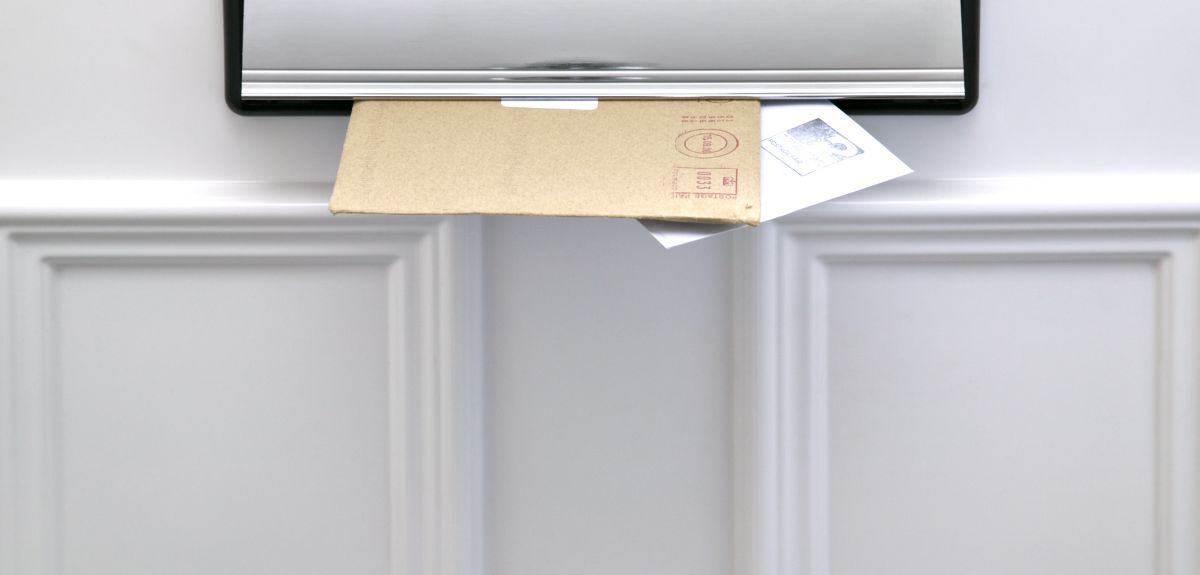
Oxford student offers show significant state school increase
More than 69% of undergraduate offers to study at Oxford University have been made to pupils attending state schools – up 4.6% from last year, the best percentage increase the University has ever seen.
Earlier this week just under 10,000 shortlisted applicants from around the world received the news they had been anxiously waiting for; whether or not they had earned a highly coveted provisional place to study at Oxford University. Of these students, 3,909 have been successful – 20 more than the 2019 admissions cycle. The overall offer rate is approximately 16.7% - a slight decrease from 16.9% from last year because of the higher numbers applying – making the application process even more competitive.
The bulk of these offers (69.1%) went to pupils from state schools the highest proportion in the University’s history, compared to 30.9% from independent schools, and 78% of offers were made to UK applicants, with 7% to EU and 15 % to Overseas (in 2019 the offer proportions were similar) and again UK applicants are more likely to receive an offer.
In recent years Oxford has made a firm commitment to encouraging increased access to higher education for young people who have less support and information. The University has expanded existing access programmes and invested in new ones in order to reach young people from under-represented backgrounds so that they believe that Oxford can be for them.
In 2019, Oxford unveiled two new access initiatives – Opportunity Oxford and Foundation Oxford, along with rolling-out a 50% expansion of its flagship access programme UNIQ and announcing its first dedicated fully-funded scholarship at undergraduate level for Black British students from disadvantaged backgrounds.
This year’s offers are evidence that Oxford’s access work is gathering momentum and already making a difference. The number of offers made to young people from areas with the lowest progression rates to higher education, have increased. Students from POLAR4 quintile 1 accounted for 6.4% of UK offers – up by 1.4%.
Of the offers made this year, 250 have been made to participants from the UNIQ programme, representing an offer rate of 33.6% offer rate, compared to the UK applicant offer rate of 21.5%. This is the highest ever number of UNIQ participants to receive offers, following the expansion of the scheme last year.
In addition, 115 offers were made to students to attend the pilot of the Opportunity Oxford residential bridging programme, with the first cohort of students due to start in Sept 2020. Prospective participants and their families will soon attend a welcome event intended to ensure that they get as much as they can from the Opportunity Oxford programme.
The increases follow the news of a steady increase in the number of students choosing the University from under-represented backgrounds. Recent UCAS admissions data shows that UK Black students now make-up more than 3% - up from 2.6% last year, of students admitted in October 2019, and UK students of Black and minority Ethnic heritage in general, comprise more than 22% - up from 18% of the intake in October 2018.
The University expects to make further progress towards its access goals with the introduction of the Foundation Oxford programme, which will be targeted at 50 students from under-represented backgrounds, who have experienced significant disruption to their schooling and education as a result of their life circumstances.
Dr Samina Khan, Director of Undergraduate Admissions and Outreach at Oxford, said: “We are delighted by this record number of offers to state school students, and to students from under-represented backgrounds. This creates a strong foundation for what we aim* to achieve. We know that students from some backgrounds are not as well-represented at Oxford as they should be, and we are determined that this should change. Having taught in state schools during my career, I know the wealth of talent that lies there. We wish the students every success in their studies, and hope they flourish at Oxford.”
 New study highlights ways to future-proof cocoa production
New study highlights ways to future-proof cocoa production
 Expert Comment: Paris AI Summit misses opportunity for global AI governance
Expert Comment: Paris AI Summit misses opportunity for global AI governance
 Majority support moderation on social media platforms, global survey shows
Majority support moderation on social media platforms, global survey shows
 Inspiring Sheldonian Series continues to celebrate intellectual curiosity and diversity of thought
Inspiring Sheldonian Series continues to celebrate intellectual curiosity and diversity of thought
 Oxford Martin School epilepsy programme launches innovative research centre
Oxford Martin School epilepsy programme launches innovative research centre